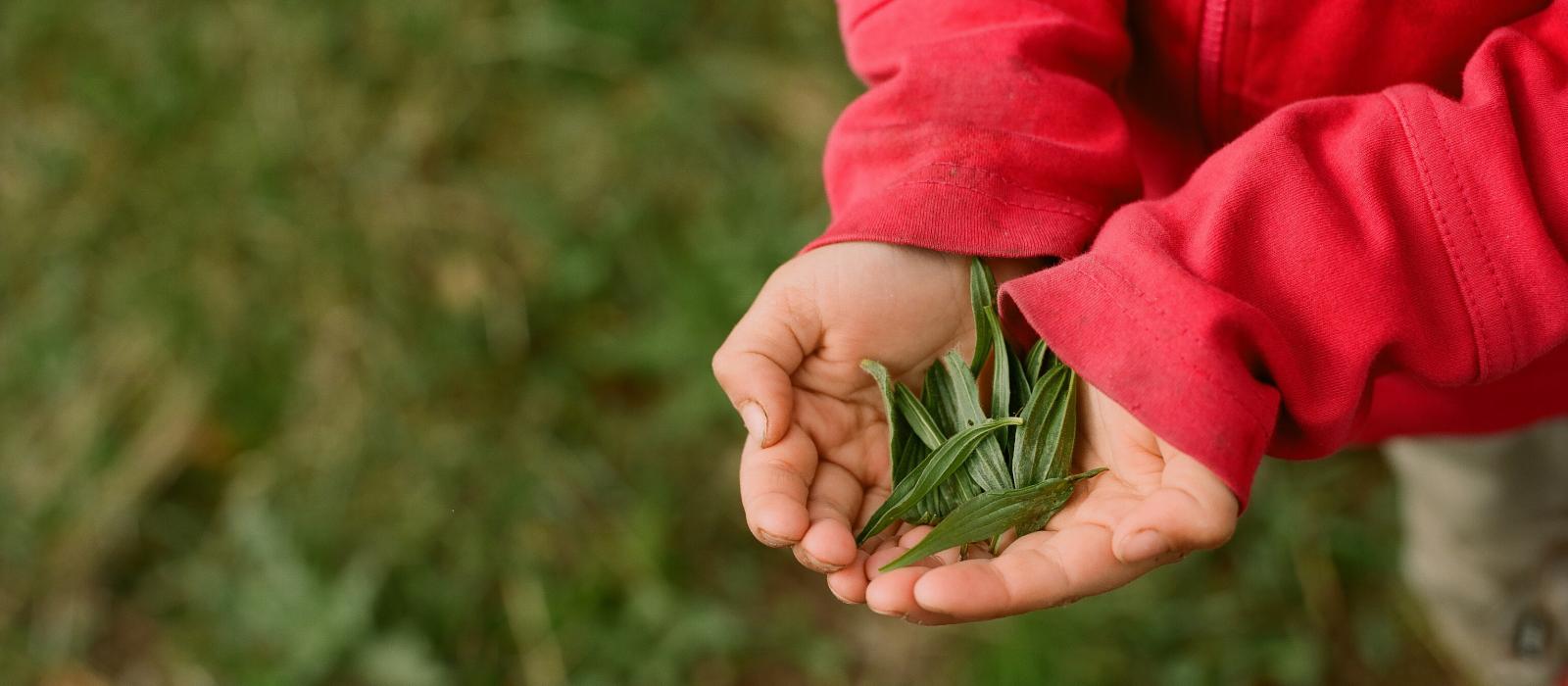The School’s Objectives

The School‘s Framework Objectives
The school‘s framework objectives include:
-
Creating a cultural and living environment following the example of nature, a holistic, sustainable, resource-conserving, and life-enhancing learning system that is rooted in a deep understanding of ecological connections
-
Creating and maintaining a cultural environment – through everyone‘s active participation and in symbiosis with the needs of people and nature – where a mindful examination of one‘s own body, emotions, mind, and mental connection can take place
-
Building positive, reliable, and stable relationship structures as a robust framework for independent, sustainable learning
-
Giving people the opportunity within this framework to express their passion, follow their curiosity, act out their creativity, and to lead a happy and successful life
-
Living democracy, equality, solidarity, responsibility, security, stability, care, and responsibility for one’s self
-
Establishing a deep connection with nature in many different ways and enabling this connection through spending time in and learning with and from nature
-
Ensuring a loving and relaxed atmosphere and sufficient time and space for action, thus establishing preconditions for learning
-
Individualizing learning processes and at the same time embodying responsibility for community
-
Offering many opportunities to come in contact with the new
-
Providing lots of space for learning with enthusiasm
-
Providing many opportunities for out-of-school learning in different learning environments in and around Berlin as well as on trips.
Implementing these objectives requires clear, transparent, and life-enhancing structures. Relevant in this context are the requirements of the Berlin Senate and our own school, team, and educational structures.
The School‘s Educational Objectives
The school‘s educational objectives include:
-
Developing a grounding connection to one’s self, other people, and nature and a sense of responsibility that grows from that
-
Developing the capacity for peace and democracy as a personal mindset in conflicts and as a political perspective
-
Promoting respect toward one another and all living things
-
Developing internal value systems and mindsets and a good connection to one’s own intuition
-
Developing self-confidence through self-competence: competence with respect to the self, interacting with others, one’s own feelings, and subject matter competence
-
Learning cultural and technical problem-solving techniques
-
Good academic and emotional preparation for secondary school
-
Maintaining and supporting the internal motivation to learn
-
Developing an appreciation of a society with ethnic and cultural diversity, which is seen as enriching and as having a positive effect on interpersonal relationships
Self-Competence
The following contribute to the development of self-competence:
-
Establishing a healthy feeling of self-worth: I am – I can – I want
-
Independence and self-confidence
-
Self-control and self-monitoring
-
Increasing ability to act appropriately in difficult moments
-
Pacifying and satisfying conflict management
-
Experiencing self-efficacy
-
Noticing and expressing own needs
-
Increasingly taking responsibility for meeting these needs
-
Noticing other people‘s needs
-
Noticing and acknowledging own failures not as a flaw but as a significant developmental step
-
Endurance and power of concentration
-
Body awareness
-
Ability to set boundaries for one’s self
-
Creativity and imagination
The mind is not a vase to be filled but a flame to be lit.
Celestin Freinet
We assume that children can do the work of their own development and we trust their competence. Due to their intrinsic motivation, children have a high degree of energy for this development work. If this energy is not sufficiently accessible to children due to blockages or if they do not use this energy sufficiently for other reasons, then it is our task as mentors to help them cross the “threshold”. We support their initiative until they no longer need the support. Closely observing the children and their processes is essential for this.